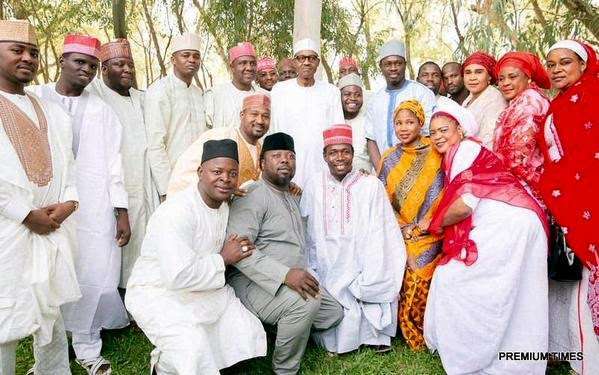No doubt, digital platforms, mobile communications, big data, cloud computing, and the social media have been seen to be changing the nature of products and services and the way in which people interact.
This is driven by the global economy which is currently undergoing major transformation, as witnessed in the rapid take-up of technologies.
This transformation is seen to be disrupting existing business models and industries, while offering substantial potential to enrich lives and raise living standards.
As such, the Global System for Mobile communications Association (GSMA), has urged regulators to reset competition policy, especially now that the globe moves towards digital platforms.
The GSMA represents the interests of mobile operators worldwide, uniting nearly 800 operators with almost 300 companies in the broader mobile ecosystem, including handset and device makers, software companies, equipment providers and Internet companies, as well as organisations in adjacent industry sectors.
GSMA in its ‘Resetting Competition Policy Frameworks for the Digital Ecosystem’, a document made available to The Guardian, observed that competition in digital markets is different from competition in traditional markets. In particular, competition in digital markets has a number of distinct features, which include waves of investment and innovation and rapid technological progress; quality and product features that are often more important to customers than price; winner-takes-all outcomes where new entrants offering innovative products or services may be able to leapfrog established firms; economies of scale and strong network effects in the supply of digital services.
Others are multi-sided markets and platforms with distinct groups of users on the different sides benefiting from the presence of the other and large-scale data gathering and analysis, with the potential for anticompetitive effects, especially where it contributes to the quality of service.
According to GSMA, these differences challenge existing policies and call for a reset of the competition framework to ensure the competitive process, and a more nuanced approach to competition policy for the digital ecosystem.
The body observed that while existing tools may not be applicable in some digital markets, market definition and market power assessment still have an important role to play in answering specific competition or regulatory questions in digital markets.
Going forward, GSMA recommended that among others, adjustment of existing tools to account for specific features of digital markets; focus on actual substitution patterns; use of alternative tools to capture the main determinants of consumers’ switching behavior; ensure market definition is sufficiently forward-looking, and revise and adapt policies to fully capture changes in the relevant market; focus on alleged anti-competitive conduct and its likely effects rather than inferring market power from market structure.
Other recommendations are that there is access the extent to that big data confers market power; need to maintain a high thresholdfor intervention based on collective dominance; adopt a total welfare standard to support long-term productivity growth and higher living standards.
According to the body, in traditional industries, markets are often defined around products with similar physical characteristics. Digital markets, on the other hand, tend to include a broad range of services or capabilities that customers treat as substitutes. Thus, traditional boundaries between products and services as defined by the technology used to deliver or produce them start to disappear.
GSMA posited that digital markets are highly dynamic, where the time horizon used should consider the period in which any remedy might impact the market, as well as any short-term harm.









